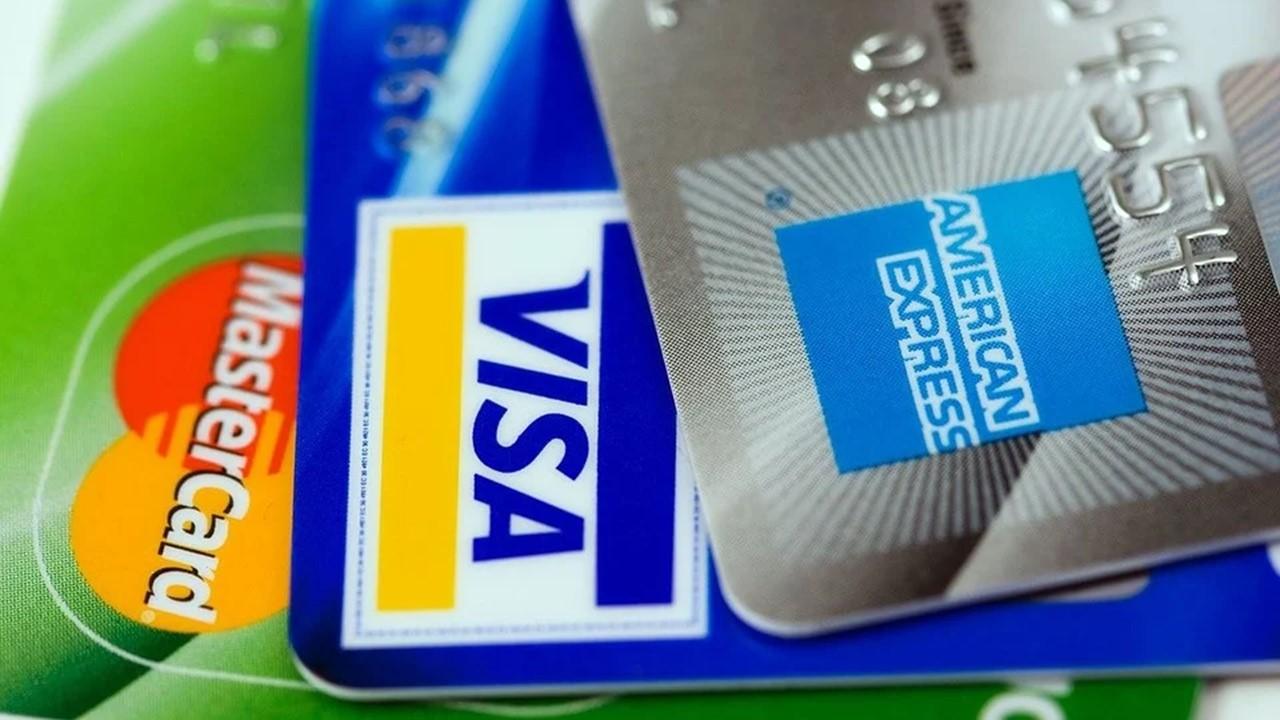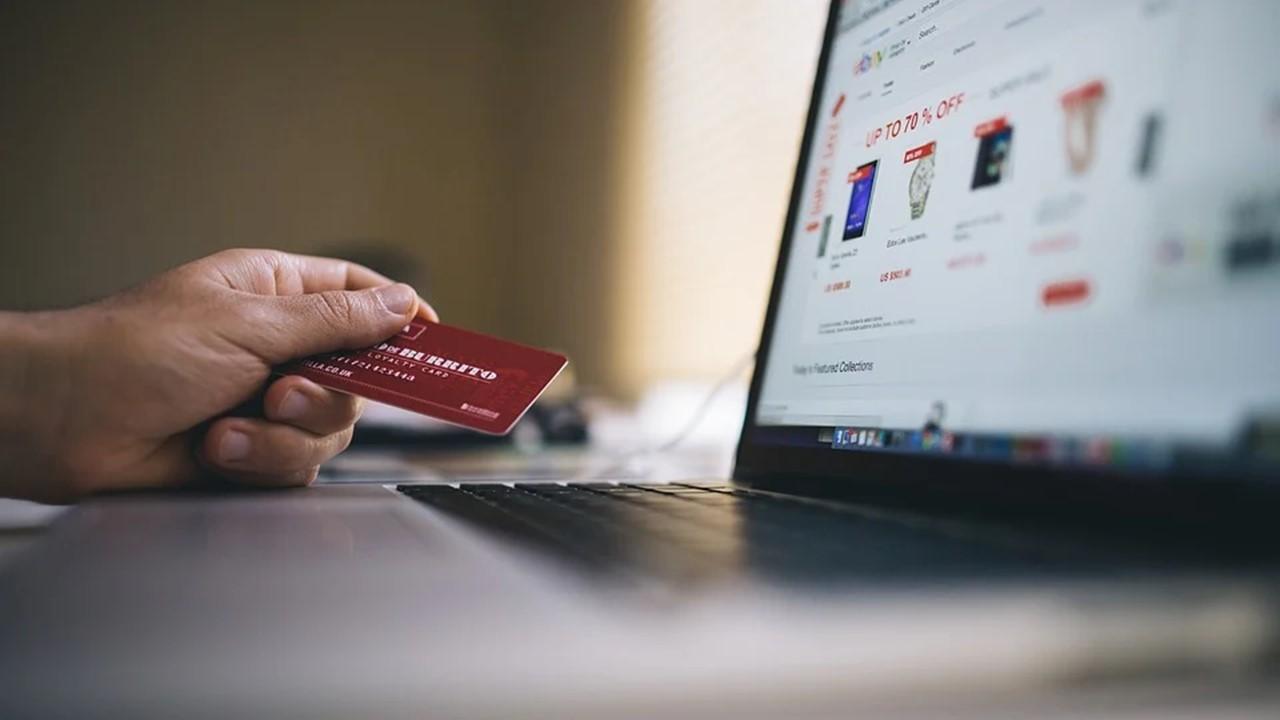Best Uses For Credit Cards and When to Avoid Using Them
Credit cards offer certain benefits to consumers, as long as you use them wisely. Here are the best ways to use a credit card.
July 14 2021, Published 2:06 p.m. ET
Credit cards can be a handy tool for managing your finances, although some critics recommend avoiding credit cards at all costs. Some people use credit cards for practically every purchase they make.
When is it a good idea to pay with a credit card, and when is it not? There are certain purchases that are especially beneficial to the card user. There are also strategies for maximizing the benefits of a credit card. You might not need the most prestigious credit card, but plenty of useful cards are available.
Pros and cons of using credit cards for everyday purchases
There are several solid reasons to use credit cards to pay for everyday expenses. Be sure to check the specific card policy to ensure that it offers the benefits you desire.

Rewards: Many credit cards offer rewards for purchases, like a percentage of cashback on all spending. Some offer higher rewards for specific categories like gasoline, restaurants, or travel. Choosing a rewards credit card that fits your spending habits is key (if travel is your thing, choose a travel rewards card).
Protection: Certain credit card programs provide various protection for the cardholder, likepurchase protection and fraud protection. Purchase protection or damage protection can insure you against theft or accidental loss or damage for a period of time after purchase.
Most cards provide fraud protection, which clears you from the obligation to pay unauthorized charges. The Federal Trade Commission (FTC) limits your liability to $50 on unauthorized credit card charges. However, liability for fraudulent charges on debit cards can go up to $500 or more if you don’t notice and report them immediately.
Travel insurance: Many cards offer great travel insurance, like coverage for canceled or delayed trips or delayed baggage.
When should I avoid using credit cards?
In general, credit card use isn't bad for your personal finances—but only if you use cards wisely. It’s important to know yourself when deciding on credit card use.

If you’re someone who will likely buy more with a credit card than if you paid in cash or with a debit card, then credit cards are probably not a good idea for you. The risk of overspending might not affect everyone the same. So, if you’ve noticed that you tend to buy extra with a card, consider setting a budget or using only cash/debit options.
Someone who struggles with paying their credit card balance in full and on time might want to avoid credit cards. The interest rates are often high, so not paying on time or in full can lead you deeper into debt.
Rewards credit cards are great for consumers who want to earn cashback or other discounts for buying things they would have bought regardless. But if you find yourself justifying extra purchases solely because of the credit card rewards you’ll earn, you’re probably spending more than the value of the rewards.
If your credit score isn’t good, you might consider using a secured credit card to help you rebuild your credit.
If you decide you need to stop using a credit card, be sure to consider whether closing your unused card is best, or if you should keep the account open for your credit score’s sake.

